When it comes to fitness, training hard is only half the battle. What you eat plays a crucial role in energy, recovery, and long-term performance. Enter the Mediterranean Diet—one of the most researched and celebrated eating patterns for health and longevity. But did you know it’s also a powerful tool for athletes and active individuals?
Backed by decades of scientific evidence, the Mediterranean Diet emphasizes whole grains, healthy fats, lean proteins, fruits, and vegetables—ingredients that fuel your body efficiently. In this article, we’ll explore five practical ways to train smarter by integrating the Mediterranean Diet into your routine, complete with weekly targets, actionable tips, and essential safety reminders.
Unlike crash diets that cut out fat, the Mediterranean Diet embraces heart-healthy fats like olive oil, nuts, avocados, and fatty fish. These fats provide slow-releasing energy, perfect for endurance training and steady performance.
Omega-3 fatty acids, found in fatty fish like salmon and sardines, also help reduce inflammation—key for faster recovery after intense workouts.
Weekly Target: Aim for at least two servings of fatty fish (3.5 oz each) and include a handful of nuts or seeds daily. Use extra virgin olive oil as your primary cooking fat.
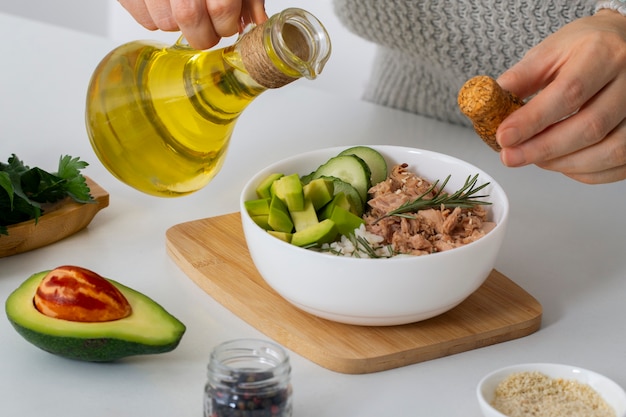
Carbs aren’t the enemy—they’re your body’s preferred fuel source during high-intensity training. The Mediterranean Diet focuses on complex carbs like whole grains, legumes, fruits, and vegetables, which provide steady glucose release without spiking insulin.
Swap refined grains (white bread, pasta) for whole grain alternatives like quinoa, farro, or brown rice to maintain energy and avoid mid-workout crashes.
Weekly Target: Make at least 75% of your grain intake whole grains. Include legumes (lentils, chickpeas) 3–4 times per week for fiber and plant-based protein.
While animal protein has its place, the Mediterranean Diet emphasizes plant-based sources like beans, lentils, nuts, and seeds. These proteins come packaged with fiber, antioxidants, and healthy fats—ideal for muscle repair and reducing oxidative stress.
Even if you eat fish or poultry, diversifying your protein sources supports gut health and reduces inflammation.
Weekly Target: Include at least one plant-based protein meal daily. Try a lentil stew, chickpea salad, or tofu stir-fry.
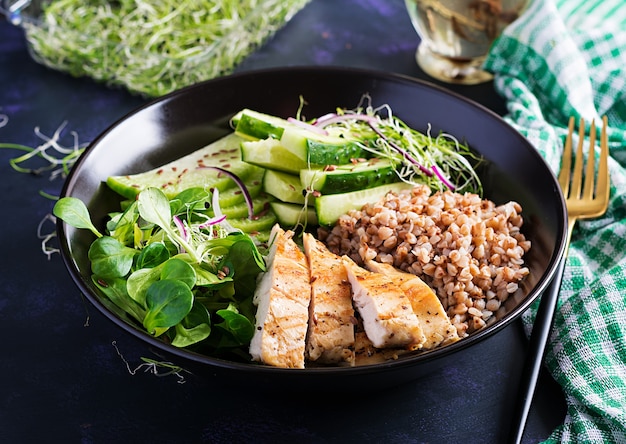
Proper hydration is non-negotiable for performance. The Mediterranean lifestyle includes water as the primary drink, complemented by herbal teas and water-rich foods like cucumbers, tomatoes, and citrus fruits.
Limit sugary sports drinks unless engaging in prolonged endurance activity. Instead, opt for natural electrolyte sources like coconut water or a pinch of sea salt in water.
Weekly Target: Drink at least 8–10 cups of water daily. Eat 4–5 servings of hydrating fruits and vegetables each day.
Emerging research links gut health to athletic performance. The Mediterranean Diet is rich in prebiotic fibers (from onions, garlic, artichokes) and fermented foods (like yogurt and kefir), which feed beneficial gut bacteria.
A healthy gut improves nutrient absorption, immune function, and even mental clarity—critical for consistent training.
Weekly Target: Consume at least one serving of fermented dairy daily and include prebiotic-rich vegetables 4–5 times per week.
Training smarter means working with your body, not against it. The Mediterranean Diet isn’t just about longevity—it’s a sustainable, science-backed way to enhance athletic performance, speed recovery, and support overall well-being.
By focusing on whole foods, healthy fats, and balanced nutrition, you’ll not only perform better but also enjoy your training more. Start small, set weekly targets, and let food become your most powerful training tool.

Wellness

Wellness

Wellness

Wellness

Health
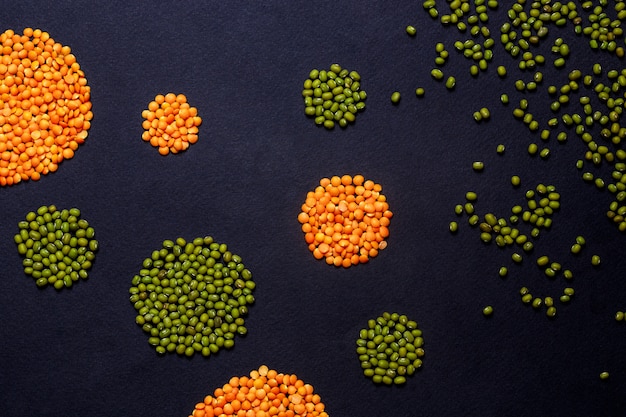
Health

Health
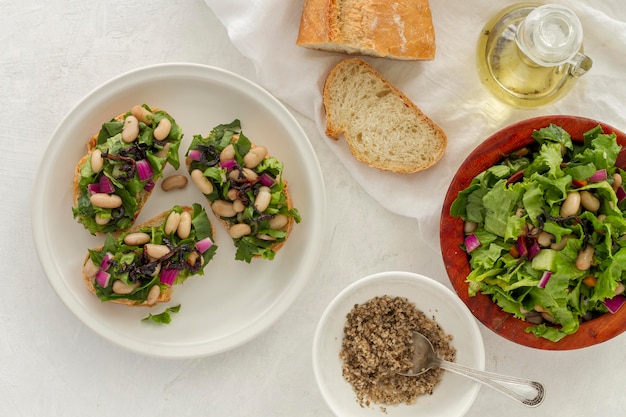
Health
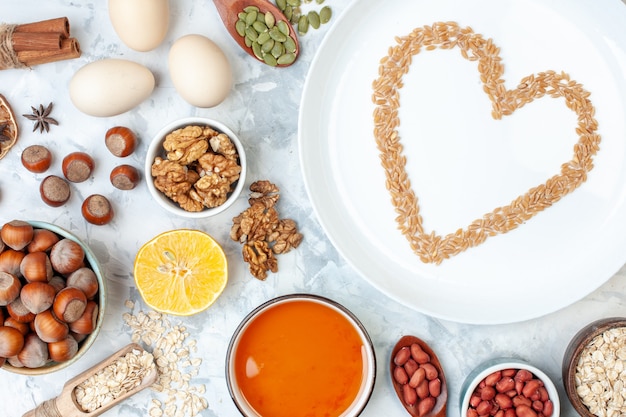
Health
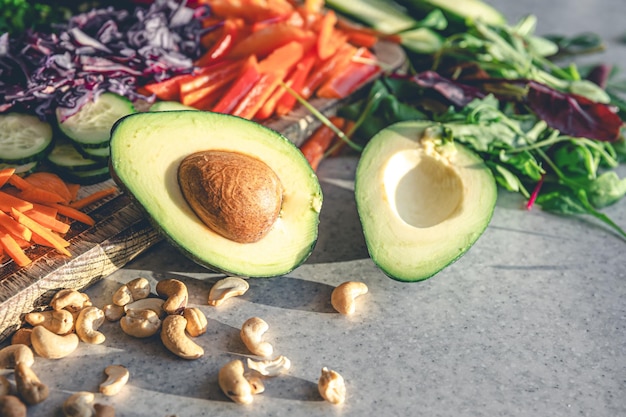
Health

Wellness
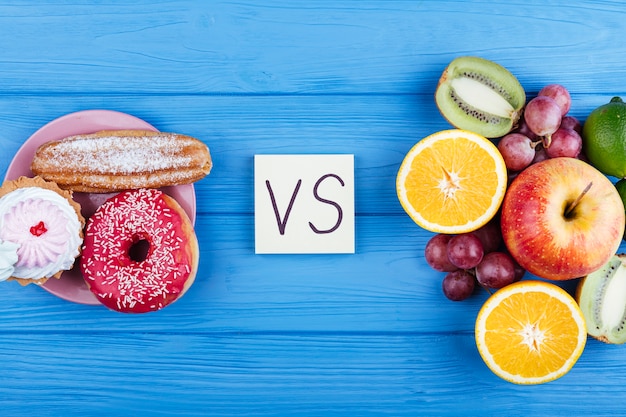
Health

Health

Fitness

Health

Health